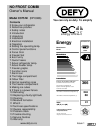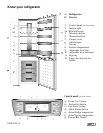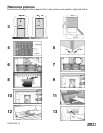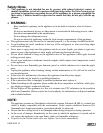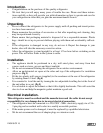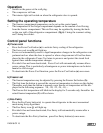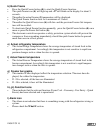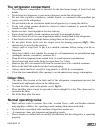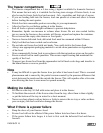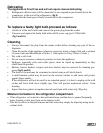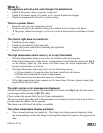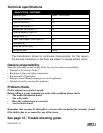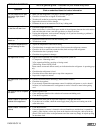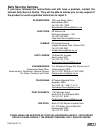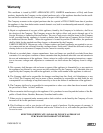
PAGE 8 OF 15
The refrigerator compartment
The refrigerator compartment is intended for the short-term storage of fresh food and
drinks.
Never keep any dangerous or poisonous substances inside the refrigerator.
Do not store explosive substances, volatile liquids, or containers with propellant gas
(spray cans) in the refrigerator.
Do not obstruct the air circulation inside the refrigerator by covering the shelves.
Foods with strong aromas should be stored in sealed containers to prevent flavour
transfer to other foods.
Bottles are best stored upright in the door balcony.
Store alcohol in tightly closed containers and only in an upright position
Allow hot foods to cool to room temperature before storing them in the refrigerator.
Clean fresh food and vegetables before storing them in the crisper.
Do not place frozen foods over the crisper cover for thawing purposes (fig7). Other
shelves may be used for this purpose.
Always pack or wrap food, or put it in a suitable container, before storing it in the re-
frigerator.
Wrap food which is not suitable for storage at cold temperatures in polyethylene bags
(pineapple, melons, cucumbers, tomatoes etc.).
Keep fresh food separate from cooked food, to avoid bacteria contamination.
Never keep fresh meat in the fridge for more than 2 or 3 days.
Remove any left-over canned food from the can and store it in a suitable container.
Refer to the shelf life indicated on the food packaging.
Always check that food , stored for long periods, is still fit for consumption.
Close the door immediately after opening, to avoid unnecessary energy consumption.
Odour filter.
The odour filter located at the back wall of the refrigerator compartment prevents the
formation of unpleasant odours in the refrigerator.
To clean the filter, remove the plastic cover ( fig 13)
Place the filter where it may br exposed to direct sunlight for a day. This cleans and re-
juvenates the filter.
Re-fit the filter after this time.
Normal operating noise
Hard surfaces such as ceramic floor tiles, wooden floors, walls and kitchen cabinets
may amplify or deflect the operating sounds making them more noticeable .
Typical noises associated with a modern refrigeration system are:
A compressor hum, gas expansion and gurgling sounds.
These sounds are normal and are usually an indication that the refrigerator is operating
properly.



